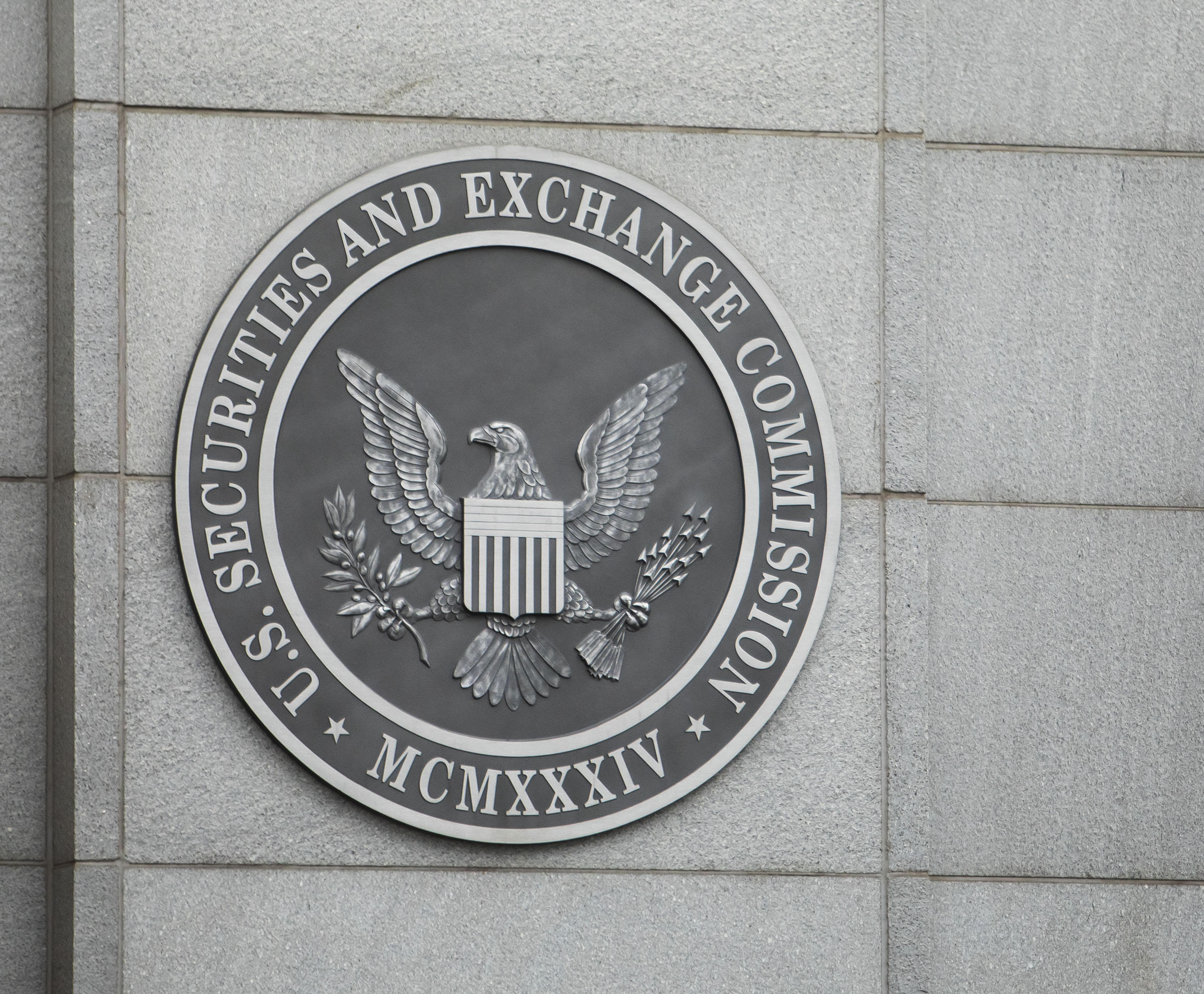Jonathan S Sack

September 05, 2024 | New York Law Journal
Lenity, By Any Other Name"What is lenity? It is a rule of statutory construction under which ambiguous criminal laws are interpreted in favor of defendants," write Elkan Abramowitz and Jonathan S. Sack.
By Elkan Abramowitz and Jonathan S. Sack
10 minute read

November 07, 2023 | New York Law Journal
White-Collar Criminal Enforcement and National SecurityThis article discusses the DOJ's national security enforcement initiatives and highlights cases that are representative of this new focus. It also touches on the M&A Safe Harbor Policy and how it complements and reinforces the DOJ's current voluntary disclosure policy.
By Elkan Abramowitz and Jonathan S. Sack
10 minute read

July 06, 2023 | New York Law Journal
Varsity Blues: First Circuit Overturns College Admissions Scheme Convictions—Part OneOn May 10, the U.S. Court of Appeals for the First Circuit vacated their convictions on the fraud, bribery and conspiracy charges, though it affirmed Wilson's conviction on a single count of filing a false tax return relating to a deduction taken for payments to Singer.
By Elkan Abramowitz and Jonathan S. Sack
11 minute read

April 04, 2023 | New York Law Journal
What Recent Special Counsel Prosecutions Can Tell Us About False Statements ProsecutionsWhile Section 1001 may be a powerful tool of federal prosecutors, and can cause great harm to defendants, the results of given cases can vary greatly and are far from certain.
By Jonathan S. Sack and Kefira Wilderman
11 minute read

March 02, 2023 | New York Law Journal
Not So Fast: The Rights of Victims in Corporate Deferred ProsecutionsIn this article, authors Elkan Abramowitz and Jonathan S. Sack discuss victims' rights in federal criminal law, and then the pair move to the facts in the Boeing prosecution and Judge Reed O'Connor's consideration of the victims' claims.
By Elkan Abramowitz and Jonathan S. Sack
10 minute read

October 06, 2022 | New York Law Journal
Monaco Memorandum Updates DOJ Corporate Enforcement PolicyThe Monaco Memorandum seeks to ensure that prosecutors insist on timely and complete disclosure from companies and then use that disclosure to prosecute culpable individuals.
By Jonathan S. Sack and Jorja Knauer
11 minute read

May 06, 2022 | New York Law Journal
Cybersecurity and Individual Liability: 'U.S. v. Sullivan' and the Criminalization of a Cyber Attack ResponseThe prosecution of Sullivan cuts against the grain of prevailing regulation.
By Jonathan S. Sack and Christopher M. Hurley
10 minute read

January 20, 2022 | New York Law Journal
The SEC's Rulemaking Process: Long-Haul or Short-Cut?This article: describes the SEC's authority to issue rules under the Securities Exchange Act of 1934 and the additional requirements for rulemaking under the Administrative Procedure Act; considers a professor's recent proposal of a "fairness" short-cut around the traditional "economic" or quantitative component of the SEC rulemaking process; and describes the exacting analytical process that has been required by courts to date in cases of SEC rulemaking.
By Jonathan S. Sack and Penina Moisa
13 minute read

January 06, 2022 | New York Law Journal
Property in Mail and Wire Fraud Cases: 'Kelly v. United States' and Its AftermathIn 'Kelly v. United States', a unanimous Supreme Court held that a scheme was not intended to "obtain property" when its objective was to misuse government officials' regulatory powers, or when monetary losses were "incidental," and not the actual object of the scheme. Following 'Kelly', the meaning of property was central to two high-profile cases in the Second Circuit, 'Blaszczak' and 'Gatto'. In this edition of their White-Collar Crime column, Elkan Abramowitz and Jonathan S. Sack explain the impact of 'Kelly' on 'Blaszczak' and 'Gatto' and conclude with a brief discussion of the "right to control" theory of mail and wire fraud, which has been challenged in light of the 'Kelly' decision.
By Elkan Abramowitz and Jonathan S. Sack
10 minute read

November 03, 2021 | New York Law Journal
Who Is a Fugitive? The Second Circuit Interprets the Fugitive Disentitlement DoctrineIn this edition of their White-Collar Crime column, Elkan Abramowitz and Jonathan S. Sack explore the Second Circuit's recent decision in 'United States v. Bescond', which held that the defendant, a French citizen charged with commodities fraud, was not a "fugitive."
By Elkan Abramowitz and Jonathan S. Sack
10 minute read
Trending Stories
- 1DOT Moves to Roll Back Emissions Rules, Eliminate DEI Programs
- 2No Injury: Despite Proven Claims, Antitrust Suit Fails
- 3Miami-Dade Litigation Over $1.7 Million Brazilian Sugar Deal Faces Turning Point
- 4Trump Ordered by UK Court to Pay Legal Bill Within 28 Days
- 5$19.1M Verdict: 'Most Accurate Settlement Demand I Ever Made'



